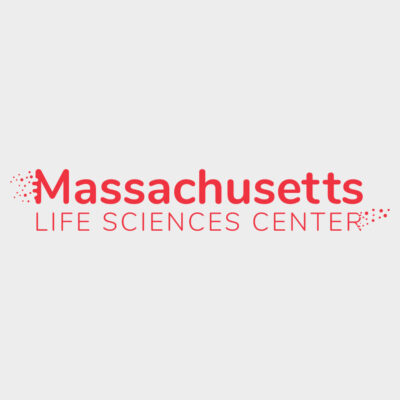The Massachusetts Life Sciences Center (MLSC) has granted three Dana-Farber investigators a total of $1.35 million to support innovative research aimed at improving the diagnosis and treatment of breast and ovarian cancer.
With funding from MLSC’s Women’s Health Program, Elizabeth Mittendorf, MD, PhD, director of the Breast Immuno-Oncology Program and co-director of the Breast Cancer Clinical Research Program at Dana-Farber, is leveraging digital technologies to identify and cure high-risk breast cancer. In collaboration with an industry partner, Mittendorf is designing computer algorithms capable of identifying features in tumor biopsies and surgical specimens that can distinguish between high- and low-risk breast tumors.
“This project could lead to the development of new diagnostic and prognostic tools that will help us determine which patients are at greater risk of tumor recurrence after standard treatment and might benefit from a more aggressive therapeutic approach,” Mittendorf said. “I am extremely grateful to the MLSC for funding this work.”
Elizabeth Stover, MD, PhD, and Sara Tolaney, MD, MPH, chief of the Division of Breast Oncology within the Susan F. Smith Center for Women’s Cancers, have each been awarded a Women’s Health Innovation grant.
Tolaney aims to determine how microbes in the intestines influence therapeutic responses in patients with breast cancer. Results from these experiments may reveal specific types of bacteria whose prevalence in the gut predict whether a patient will respond to a given therapy. The findings might also help researchers learn how to alter microbial populations in the gut to improve patient responses to breast cancer treatments.
In collaboration with Oliver Jonas, PhD, of Brigham and Women’s Hospital, Stover is using an implantable microdevice smaller than a grain of rice to measure drug responses in patients with ovarian cancer. The microdevice is designed to release up to 20 drugs into non-overlapping regions of tumor tissue. By implanting it directly into patients’ tumors and later analyzing the tumor tissues surrounding it, Stover can assess the anti-tumor activity of each drug. This novel technology could one day be used to optimize treatment in patients with ovarian cancer.
The MLSC’s multi-pronged mission is to serve as the hub of the world’s life sciences ecosystem; encourage innovation through investments in good science and business; strengthen and protect Massachusetts’ global leadership position in the life sciences; accelerate the commercialization of promising treatments, therapies, and cures that will improve patient care; create jobs; and drive economic and workforce development in science and technology. Its Women’s Health Initiative, launched in 2020, supports and incentivizes translational research focused on health challenges that predominantly affect women.



